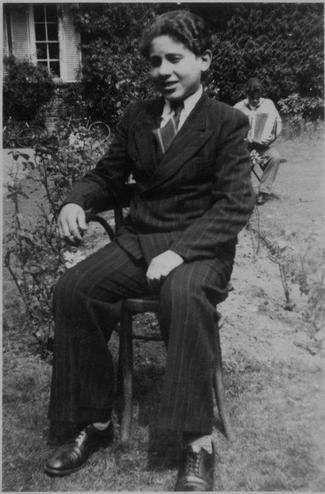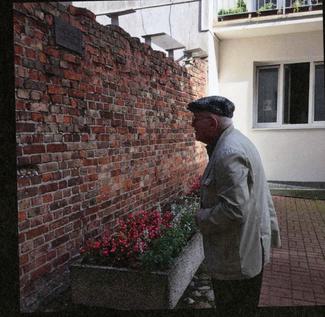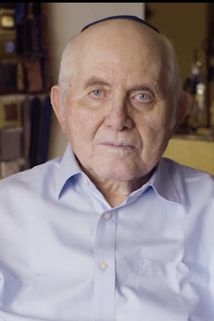Memories in Focus
Ten-year-old Pinchas is separated from his parents and twin sister when they are deported from the Warsaw ghetto to the killing site of Majdanek. As Pinchas is sent on to a series of concentration camps, he shuts himself off to the terrors surrounding him and tries his best not to be noticed, to become almost invisible. But after liberation, his photographic memory won’t let his past fade away, and Pinchas struggles to deal with nightmares and flashbacks while raising a family and trying to heal his emotional scars. As he journeys from England to France, Israel, Brazil and South Africa, Pinchas searches for belonging before finally finding his true home in Canada. A poignant reflection on suffering, injustice and trauma, Memories in Focus also offers hope and faith in the future.
Introduction by Stephen Smith
- At a Glance
- Poland
- Warsaw Ghetto Uprising
- Majdanek multipurpose camp
- Concentration camps and forced labour camps
- Death march
- Postwar England; France; Israel; Brazil; South Africa
- Mental health struggles
- Arrived in Canada in 1985
- Audiobook available
- Educational materials available: Pinchas Gutter Activity
- The Warsaw Ghetto: From Persecution to Resistance
192 pages, including index
*Note: If you are affiliated with an educational institution in Canada, books can be ordered free of charge. For more information click here.





